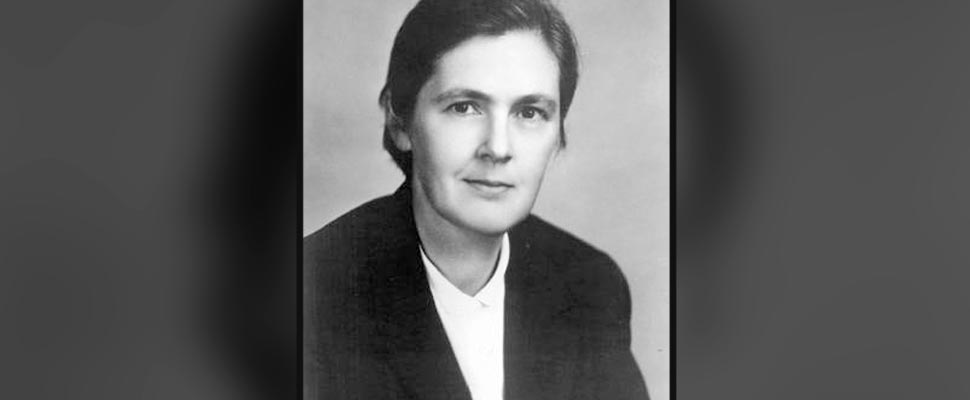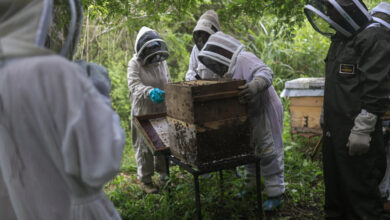The woman who said NO and saved thousands of lives
The bold stand of a Canadian doctor in the mid-1900s saved thousands of lives and established a strong position in medicine.

The Woman Post | Samy Pineda
Listen to this article
The role played by physician Frances Oldham Kelsey in the pharmaceutical industry prevented thousands of people from dying or suffering from malformations and lifelong disability. The event would mark a turning point in both her career and the history of world medicine.
In 1960, one of the most highly-trained scientists of the time, Frances Oldham Kelsey, became one of the few medical officers to accept an offer from the U.S. Food & Drug Administration (FDA). The website of the latter, nowadays contains information about her life and career. Exercising her position, she rejected an application to market a drug, preventing a tragedy that would have cost many lives.
One of the first requests she received was for the release of thalidomide as a drug, which was already available in dozens of countries around the world. It was used as a sedative to treat insomnia and work-related stress in addition to its use to relieve nausea during pregnancy. However, upon determining that the evidence was insufficient and despite attempts at persuasion, attacks, and intense pressure from the pharmaceutical company Merell, who wanted to distribute it, Kelsey refused to approve the application, so the drug could not be sold the United States.
Although the company blamed Dr. Kelsey and not the drug, the lab insisted on several tests that, according to them, met safety requirements; however, Kelsey gave a resounding "NO" because, for her, there was a lack of reliable scientific evidence. A year later, adverse effects with visible neurological damage discovered. Thanks to researchers in Germany and the UK, a link was found between thalidomide and rare congenital disability diseases.
Thousands of babies died before birth, and more than 10,000 children were born with various malformations, such as extra appendages, shorter limbs, or no limbs.
In the wake of the impact of what could have been a much higher tragedy, there were reforms in the laws that radically changed drug regulation.
Also read: Immunotherapy safe for patients with COVID-19 and cancer
One woman's intervention not only saved lives in that historic moment, but its repercussion had a future effect, leaving a legacy, prioritizing facts over opinions and patience over shortcuts. The way Frances Oldham Kelsey did tests based on medicine the pillar of reforms that today continue to protect people's lives, made her a heroine who, for her exceptional work, was directly awarded by President John F Kennedy.
Her contributions were recognized not only with presidential distinctions but also with academic degrees of honor and educational centers that bear his name. In 2000, Dr. Kelsey was inducted into the National Women's Hall of Fame, and in 2010 the Commissioner of Hamburg awarded her the first Dr. Frances O. Kelsey Award for Excellence and Courage in Public Health Protection. In August 2015, she died in London, Canada.
Andrea Tone is a professor at McGill University at her TED-Ed conference on how a scientist averted a national health crisis. It tells the historical moment when Frances Oldham Kelsey applied for the position as a researcher at the University of Chicago School of Pharmacology. The acceptance letter she received said: Mr. Oldham, Professor Eugene Geiling, who sent her the letter, confused her name Frances with Francis. The doctor hesitated to accept the job because whoever took such a position, have deprived a man of his ability to carry out the reins of his house, but she agreed. Years later, she would joke that "if her name had been Elizabeth or Mary, her career would have ended.




